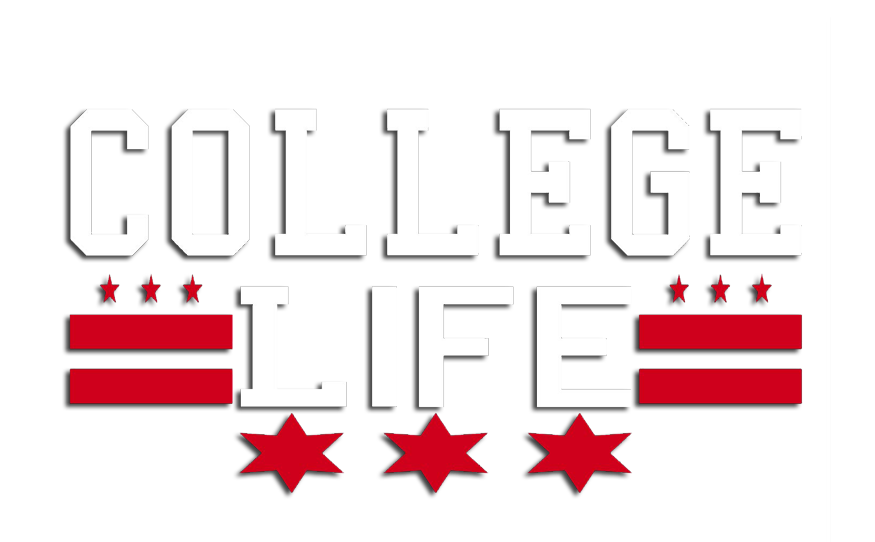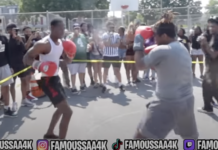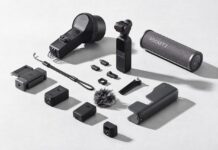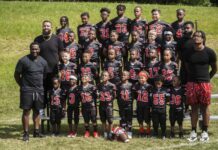
Conducting your job search at the same time as a friend can be awkward, especially if you’re inclined to be competitive.
While your family, professors and career counselors will caution you against comparing yourself to others, if one of your friends is getting the jobs he or she wants, you can benefit from taking a look at his or her game plan.
Here are three strategies that lead to your friend’s success:
1. You had your heart set on your dream job or internship.
Your friend diversified his search.
You fell hard for what you thought was your dream internship, and you daydreamed a scenario where your interviewer dumps a pile of applications into the trash and says, “You’re the best candidate we’ve ever had. You’re hired.”
Instead, a few weeks later, you receive a disappointing email that the company is moving forward with another candidate.
As a college student or recent grad, you’re young to the workforce.
So, while you may have an idea of what you’d like to be doing, you don’t always know what your dream job will be like until you start experiencing different roles.
Even the best job candidates in the world have had to deal with rejection.
Putting your eggs in one basket only exacerbates that final “no.”
Your friend knows this and prepares by applying for multiple internships.
He recognizes there isn’t just one job that speaks to his skill sets or one job he can excel in.
Keep your options open.
Ask your friends and professors to give you feedback on your strengths, and take some time to make a list of the things you enjoy doing, whether in past internships, your extracurriculars or your classes.
Then apply for as many jobs that speak to your qualifications and interests as you can to increase your chances.
2. You sent a one-size-fits-all cover letter.
Your friend tweaked her cover letter for each application.
Fact 1: A combination of great qualifications and a solid cover letter will get you an interview.
Fact 2: Because hiring managers are seeing hundreds of cover letters per week, they can tell how much effort you’ve put into yours.
Making the mistake of using the same cover letter for jobs won’t do you any favors in terms of standing out from the crowd.
Doing so will only prompt employers to wonder if you even read the job description.
Your friend reviewed each of the job description qualifications and altered her cover letter to match.
If a company emphasized the need for a candidate with strong customer service skills, she included a story in her cover letter about a time when she single-handedly supported 100 customers, collected and acted on their feedback and improved the retention rate by 30 percent.
This is an example that made the hiring manager think, “We have to bring this candidate in.”
3. You didn’t provide specific examples to your interviewer’s questions.
Your friend had an example prepared for each of his skill sets.
During an interview, one of the biggest turn-offs is when a candidate is asked a specific question, “Tell me about a time when you were detail-oriented and caught an error that everyone else missed,” and he or she responds, “I’m very detail-oriented; I’m always double-checking my work. I think that’s why I would be a great fit for this position.”
Based on this general and vague response, your interviewer hasn’t received an adequate answer to the question.
Interviewers want to know you can accomplish exactly what you say you can accomplish.
Your friend knew this, and he was able to tell a specific story that helped the employer confirm his ability to do the job well.
After all, if you claim to be as detail-oriented as you say you are, you should have no trouble coming up with an example to back it up.
4. You didn’t Google yourself before the interview.
Your friend cleaned up her online presence.
You sent in your résumé, your cover letter and the most glowing recommendation letter you’ve ever received.
Unfortunately, you didn’t think about where else employers would be getting information about you.
Eighty percent of hiring managers use social media to vet candidates.
If they see something that makes you look less-than-professional (i.e. you doing a keg stand at that frat party last Saturday), it will ruin your chances.
Your friend knows this and started cleaning up her Facebook, Twitter and Instagram to make sure the way she presented herself in her application was consistent with the way she presented herself on her personal accounts.
Whether this meant deleting photos or changing her privacy settings, she ensured her own accounts wouldn’t keep her from getting hired.
If you discovered that you’re doing any of the things on this list, it’s time to change up your strategy.
Be smart about your job search and the way that you present yourself, but most importantly, don’t be afraid to reach out for support.
Even if you’re competitive with your friend, chances are, he or she will be willing to give you the tips you need to succeed.




























